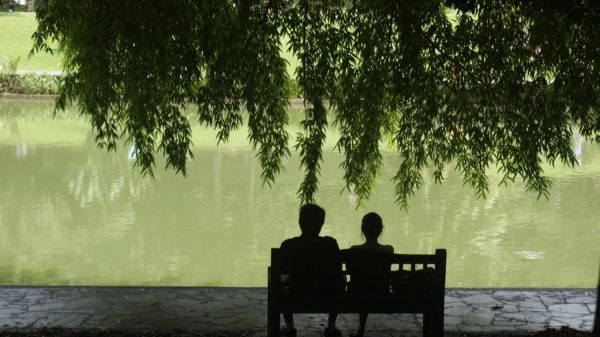By Huang Yihua
On 25 March 2017, around 20 people attended a public talk on advanced medical directives (AMD), will writing and estate planning by Mr Patrick Chang, a veteran of the financial industry who has written over 12,000 wills for more than 600 families.
The talk started with some common misconceptions about will writing. Mr. Chang noted that 87% of working adults do not have a will according to a 2011 survey.
Why should we write wills? It lets us decide who should inherit our assets and in what proportion. We can also appoint appropriate trustees, executors or guardians, so as to avoid confusion and conflict down the proverbial road. A will should also be reviewed and rewritten from time to time as needed.
A will, however, only takes effect upon the death of the person. In the event of mental incapacity such as dementia, a person should have a Lasting Power of Attorney (LPA) drawn up to decide who has authority over his or her assets. And in the event of a medical crisis where death may be imminent, an Advanced Medical Directive (AMD) lets her decide what steps are taken to prolong or without life support.
Despite the sombre nature of the topic, Patrick managed to give the attendees a light-hearted yet informative lesson on writing the all-important will.
Rounding up the event, President Tan Tatt Si of Humanist Society Singapore reminded the attendees to not avoid talking about death, but to embrace it and make leave a worthy legacy for loved ones, friends and other fellow beings who continue to live on Earth.






